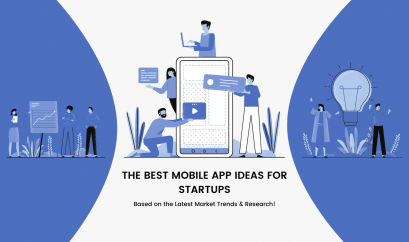The 15 Best PHP Frameworks for Developers in 2022
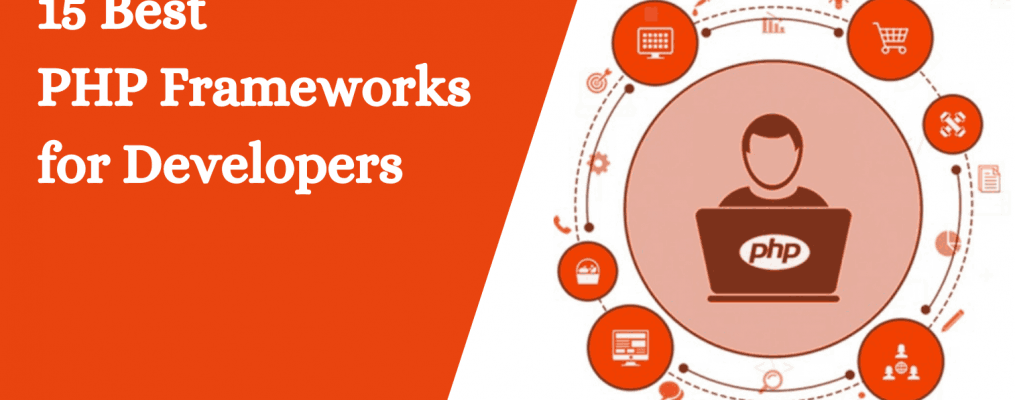
Web Design & Development
Believe it or not, almost 8 out of every 10 websites you visit on the Internet today use PHP in some way or another. Not just WordPress, Joomla, and Drupal, there are tons of small to big sites built with PHP, including MediaWiki – the software behind the most reputable online encyclopedia, Wikipedia. Since PHP is one of the widely used server-side scripting languages in existence, many PHP frameworks are available to simplify the development of robust, secure, and scalable web applications.
With the release of the latest version, PHP has become faster and more powerful than ever, and PHP frameworks’ demand is high. However, choosing the right PHP development framework out of many can sometimes be a time-consuming and tedious task. To make the selection process easier, we have put together the best PHP frameworks in this write-up. Let’s start by understanding what exactly a PHP framework is.
Table of content
- What Is a PHP Framework?
- Why Use a PHP Framework?
- The Best PHP Frameworks for Web & Mobile Development
- Things to Look for in a PHP Framework?
What Is a PHP Framework?
Whether it’s PHP, Python, or any of the many scripting languages, all programming languages offer a limited number of functionalities or features. To perform specific actions, you need to write code, check and fix errors.
A PHP framework is a shortcut: instead of reinventing the wheel, you use pre-written collections of PHP code written by someone else. This cuts down on the code you have to write manually, thereby speeding up the development process. In short, PHP frameworks are code libraries for commonly used functions that you can immediately use in your projects.
Why Use a PHP Framework?
There are many good reasons to use a PHP framework as opposed to starting everything from scratch:
#Faster Development:
Since PHP frameworks come packed with pre-built libraries, tools, and code snippets, the time required to develop a web application is less. Even some PHP frameworks have a built-in PHPUnit library to facilitate quick testing.
#Less Code to Write:
Using built-in code snippets and functions means that you don’t have to write too much original code.
#Libraries for Common Tasks:
There are many tasks, including data validation, sanitization, and CRUD operations, which you need to perform in web development. If you’re using a PHP framework, you don’t need to write your own functions for these tasks. Instead, you can use the ones that are built-in to the framework.
#Follow Good Coding Practices:
Usually, PHP frameworks follow the best coding practices. For instance, they have their own naming conventions and divide code neatly into several directories according to function. This helps you organize code in a maintainable manner.
#More Secure Code:
Using a PHP framework ensures secure code and ultimately minimizes the risk of PHP security threats, such as SQL injection attacks, cross-site scripting, and cross-site request forgery. Most PHP frameworks have data sanitization built-in and protect your application against hackers, exploits, and viruses.
#Easier to Maintain:
PHP Frameworks promote DRY (Don’t Repeat Yourself) development and encourage refactoring of code. This leads to a lean codebase that requires less maintenance.
#Better Teamwork:
Using a PHP framework sets clear ground rules for your project. Even if a developer is not familiar with the framework, they can quickly learn the ropes and work collaboratively.
The Best PHP Frameworks for Web & Mobile Development
Here are some of the best PHP frameworks in use today.
#Laravel
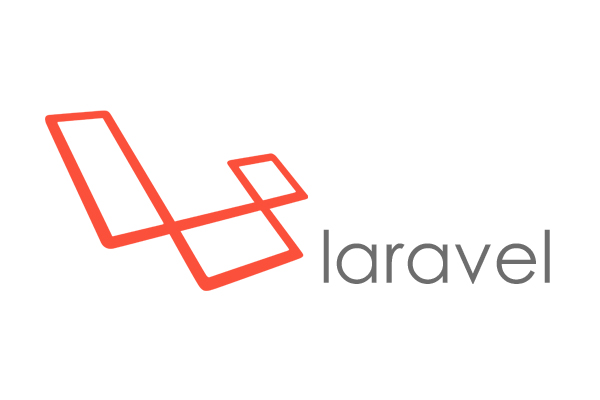
Laravel is arguably one of the most popular PHP frameworks available on the web today. This elegant yet powerful framework is built on various Symfony components, providing you a proven foundation of reliable and well-tested code for your application. It utilizes Composer, the most popular Dependency manager for PHP, using which you can easily manage your application’s third-party packages.
Whether you’re a PHP beginner or expert, Laravel is easier than you think. You can use pre-built templates in Laravel either through controller layouts or using a lightweight and powerful templating engine, Blade, provided by Laravel. Also, it works well on popular databases such as MySQL, SQL Server, SQLite, and Postgres.
#Symfony
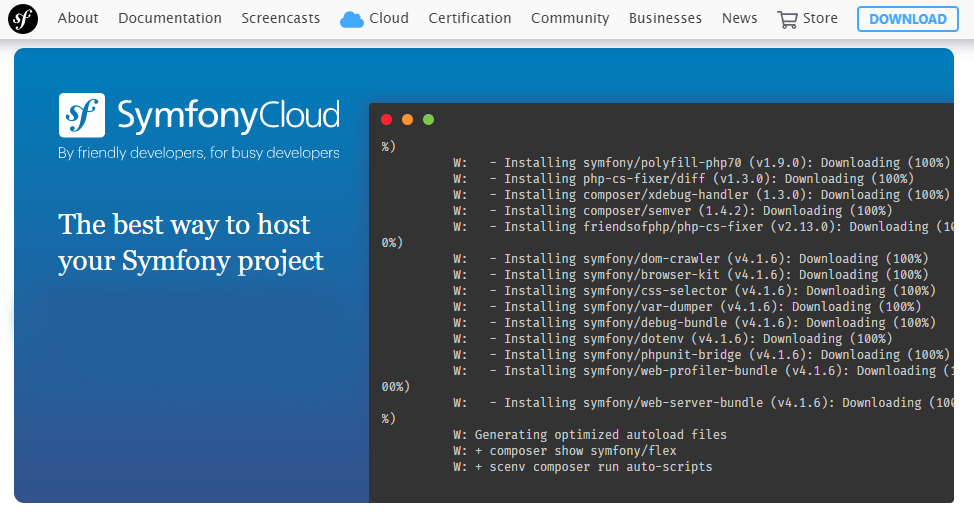
Symfony is one of the widely used PHP frameworks designed to speed up creating and maintaining your web projects by helping you avoid repetitive coding tasks. It’s highly inspired by other reputed frameworks such as Ruby on Rails, Spring, and Django.
Symfony also has a growing community of users, contributors, and developers to solve your web development issues. It’s a known fact that Drupal, one of the world’s leading CMSes, uses the components of Symfony up to its latest version. If you are looking for a feature-rich, most complete, and standalone micro-framework, then you should go for it.
#CodeIgniter
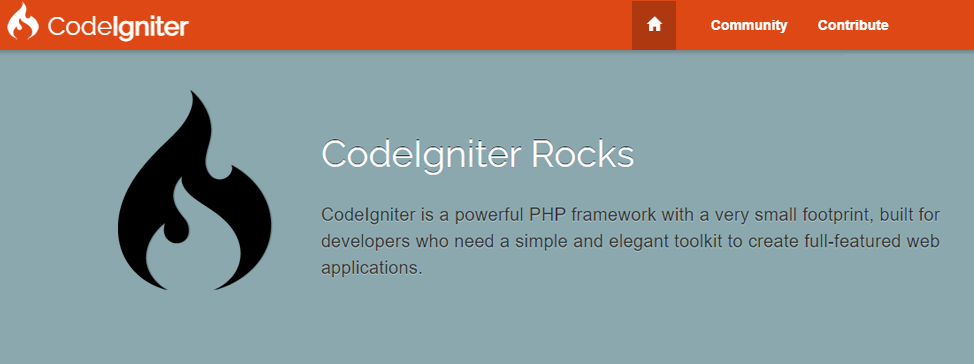
CodeIgniter is a robust and fully baked PHP framework with a tiny footprint designed to power full-featured web applications. It’s designed for those PHP developers looking for a simple and elegant toolkit to create feature-rich websites with nearly zero configuration.
The main motive of CodeIgniter is to enable you to develop web projects much faster than you expect. There’s no need to write the whole code from scratch, as it offers a rich set of libraries for frequently performed tasks, along with an easy-to-use interface and logical structure for accessing these libraries.
#Phalcon
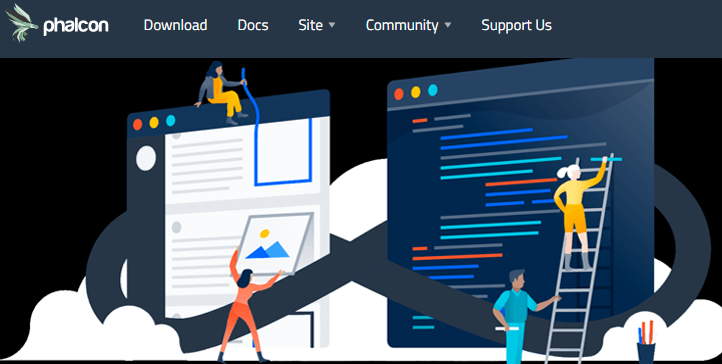
Phalcon is the fastest PHP framework delivered as a C extension, offering you hi-performance with negligible resource consumption. It comes with everything you need to develop websites and applications, including a blazing fast template engine, events manager, annotations parser, password hashing, CSRF protection, universal auto-loader, assets manager, and much more.
Phalcon is designed to be robust, advanced, and perform better than other PHP frameworks. It’s platform-independent and available for Windows, Mac OS X, and GNU/Linux. You can either download a binary package for your platform or build it from source code. Best of all, you also don’t need to use or learn the C language, as the functionality is exposed as ready-to-use PHP classes.
#Yii
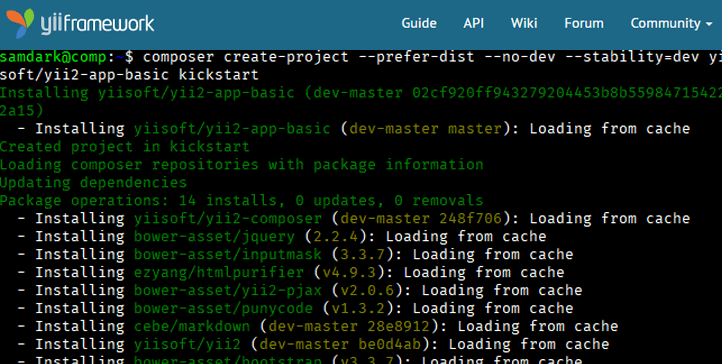
Yii is a fast, reliable, and high-performance PHP framework specially built to work with AJAX efficiently. With Yii, you can develop your application in just three steps: create the database, then Yii will automatically generate the base PHP code, and after that, you can customize the code according to your requirements.
Whether you are one developer building a simple website or a team of developers developing a complex web 2.0 application, Yii is designed to speed up your web development with advanced and efficient resources. If you’re searching for a speedy, secure, and flexible PHP framework, then Yii is a perfect choice for you.
#CakePHP
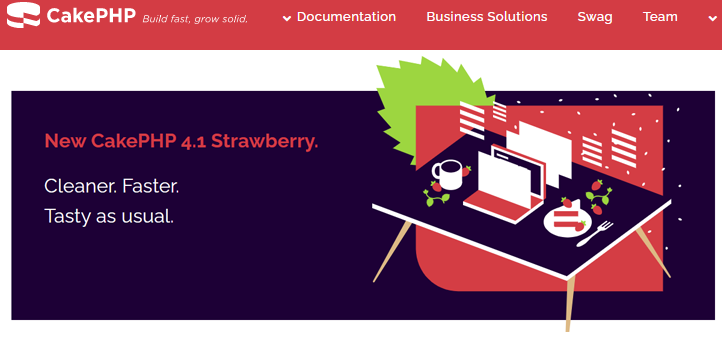
CakePHP is another PHP MVC framework that makes your web applications building faster without writing repetitive code. It’s a perfect framework for commercial applications and allows you to create prototypes using built-in scaffolding and code generation features rapidly. It doesn’t require you to configure complicated XML/YAML files. Instead, just set-up your database, and you’re good to go.
Furthermore, CakePHP comes with integrated security tools for XSS prevention, form tampering protection, CSRF protection, SQL injection prevention, and input validation, enabling you to keep your web projects secure and safe. You also don’t need to plan where all the things should go, as CakePHP offers a set of clean MVC Conventions to guide you throughout your application development.
#PHPixie
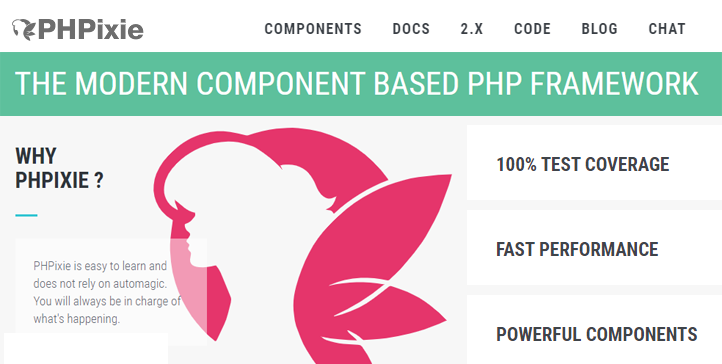
PHPixie is an easy to learn, super-fast, very lightweight MVC PHP framework designed to provide developers a solid foundation for their application development. It avoids as much boilerplate code as possible to reduce your web server’s load, so you could better understand the framework’s functionality.
PHPixie facilitates a faster approach to developing a web application by making a lot of naming conventions used. Best of all, it offers in-depth tutorials with a detailed API reference to help you get started in minutes and provides you a quick database access layer to enable you to avoid negligible code.
#Kohana
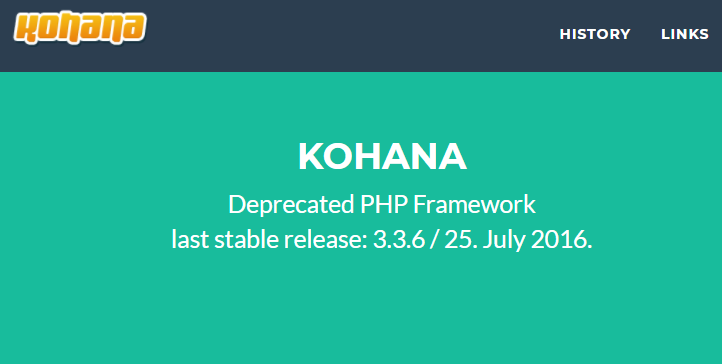
Kohana is a powerful yet elegant object-oriented HMVC PHP5 framework that comes with a rich set of commonly used components, like code profiling, validation, translation tools, encryption, database access, and more, to make application development faster than ever. Setting up this efficient and carefully optimized framework is relatively easy and fast, as it has no code generators and doesn’t require endless configuration files like other PHP frameworks.
Kohana features numerous debugging and profiling tools to easily find out performance issues in your projects and quickly resolve them. Additionally, it allows you to extend existing components and add new libraries without any hassle.
#Pop PHP
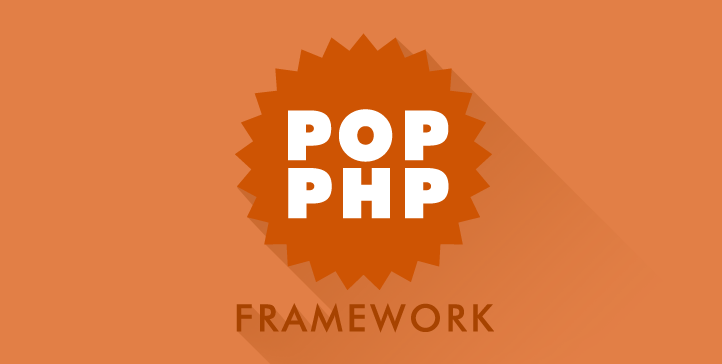
Pop PHP is a robust, lightweight, and fully object-oriented PHP framework built for users of all experience levels, following today’s PHP programming standards. Whether you’re a PHP beginner or a seasoned PHP expert, this elegant framework can be used by everyone.
Pop PHP features a manageable learning curve to help everybody, from a newbie to an advanced PHP developer, get warmed up with the concept of a PHP-based framework. It contains a small library of web-based components, weighs in at less than 2 MB, and supports PHP 7.3 or greater. If you’re looking for a lightweight yet powerful framework, do give Pop PHP a try.
#Medoo
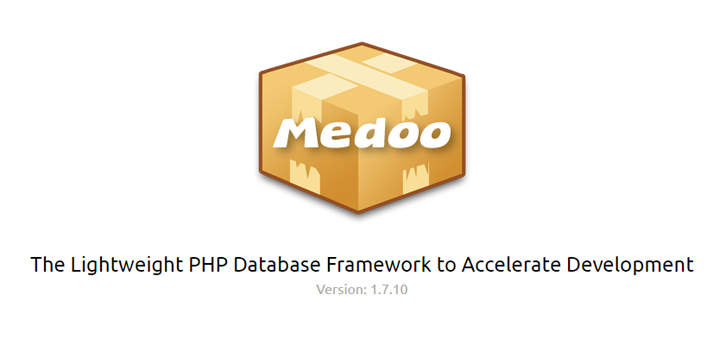
Medoo is an easy-to-use, easy-to-learn, and extremely lightweight PHP framework (with only one file of 10KB) designed to accelerate web development. It works as an intermediator between PHP and database and lets you do everything you want.
Medoo supports various common SQL queries and is fully compatible with multiple SQL databases, including MSSQL, MySQL, MariaDB, SQLite, and more. It’s a brilliant choice for every PHP development project with SQL databases required and optimized to perform faster.
#FuelPHP
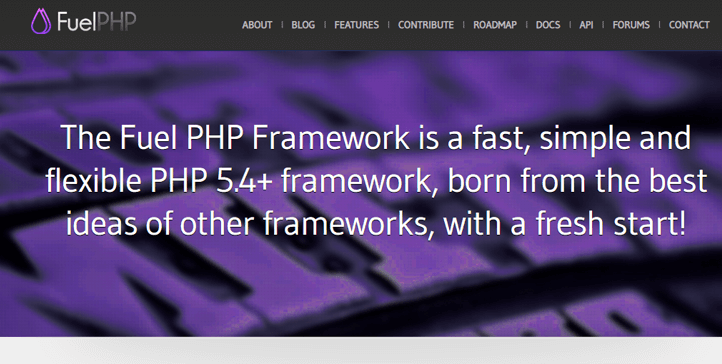
FuelPHP is a powerful yet lightweight, community-driven PHP MVC framework built on other frameworks’ sublime concepts. It allows you to extend or replace almost every core class without changing a single line of code. It has support for full HMVC implementation and lets you route directly to a closure.
From the security point of view, FuelPHP encodes your output to make it secure and prevent cross-site scripting attacks. Other security features include CSRF token protection, URI filtering, SQL injection prevention, input filtering, and more. Whether you’re a newcomer or an experienced PHP developer, FuelPHP lets you build robust applications creatively.
#Nette
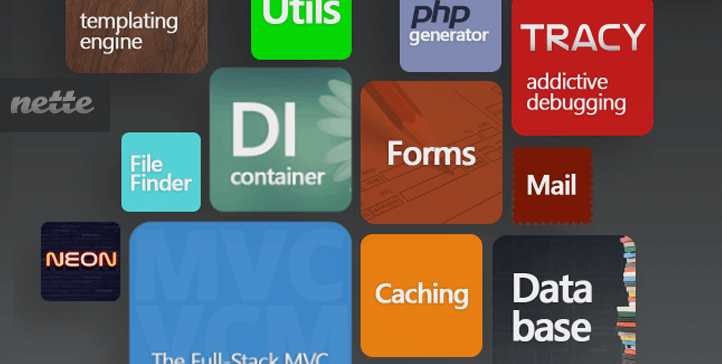
Nette is one of the safest and most used PHP frameworks, making development easier by allowing you to write less code. It has sophisticated support for all modern technologies and concepts, including MVC, AJAX/AJAJ, DRY, KISS, Web 2.0, SEO, dependency injection, and more. It comes with unmatched debugging tools, which allow you to discover all bugs in a timely fashion.
As the main focus of Nette is on performance and security, that’s why it uses revolutionary technology to eliminate major security flaws such as session fixation, session hijacking, session stealing, CSRF, XSS, etc. Also, it can be easily combined with the Zend Framework.
#Zend
Zend is one of the most popular frameworks that enable you to develop high-performing PHP applications using PHP 7+. It strictly follows the object-oriented design principle and uses the new features of PHP 7, including lambda functions, static binding, namespaces, and closures.
Zend features a unique component structure in which each component is independent and can be used separately. It has a loosely coupled architecture that lets you use any component you want. Also, it offers a robust MVC implementation and simple to use database abstraction. Zend Framework is now the Laminas Project!
#Fat Free
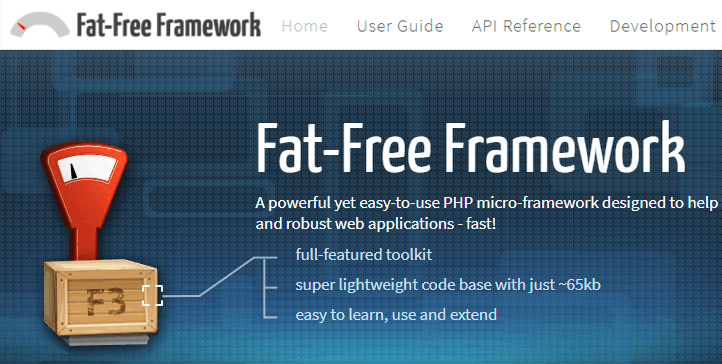
Fat-Free Framework (F3) is a powerful yet easy-to-use PHP micro-framework aimed at striking a balance between simplicity, features, and speed. The codebase is super lightweight (around 65Kb), allowing you to build dynamic and robust web applications fast.
The framework is easy to learn, use and extend! There’s no need to use curl, Composer, or a dependency injector to get started. You can even use the template engine of your choice with Fat-Free. With a gentle learning curve, it will get you up and running in no time.
#Aura
Unlike other PHP frameworks, Aura is a collection of decoupled libraries for PHP that are frequently updated and great for basic applications. Each library is self-contained, has no dependencies, and can be integrated independently into any project.
This increases the framework’s flexibility, and developers can integrate any number of libraries in their projects. Moreover, Aura offers documentation for each library package.
Things to Look for in a PHP Framework?
Below are some factors to consider when choosing the right framework for your needs:
- Shallow learning curve.
- Easy to use and saves you time.
- Meet your technical requirements.
- The right balance of features, including desirable features such as Testing, Cache storage, Templating engine, and Security
- Make sure the framework supports scalability.
- Good documentation and support backed by a large and vibrant community
Wrapping Up
Overall, PHP frameworks are a great way to simplify the development process, minimize workload, and create secure applications in less time. Since each framework in and out of this list has its own strengths and weaknesses, your choice of the framework depends on the type of application or website you’re building and various factors such as security, scalability, ease of use, and more.
Hence, before choosing a framework, start by understanding your project’s requirements, and you can’t go wrong. If you have already picked a PHP framework but don’t have a decent working knowledge of PHP and its underlying concepts, hire expert PHP developers to get the most out of your chosen framework for your project.
